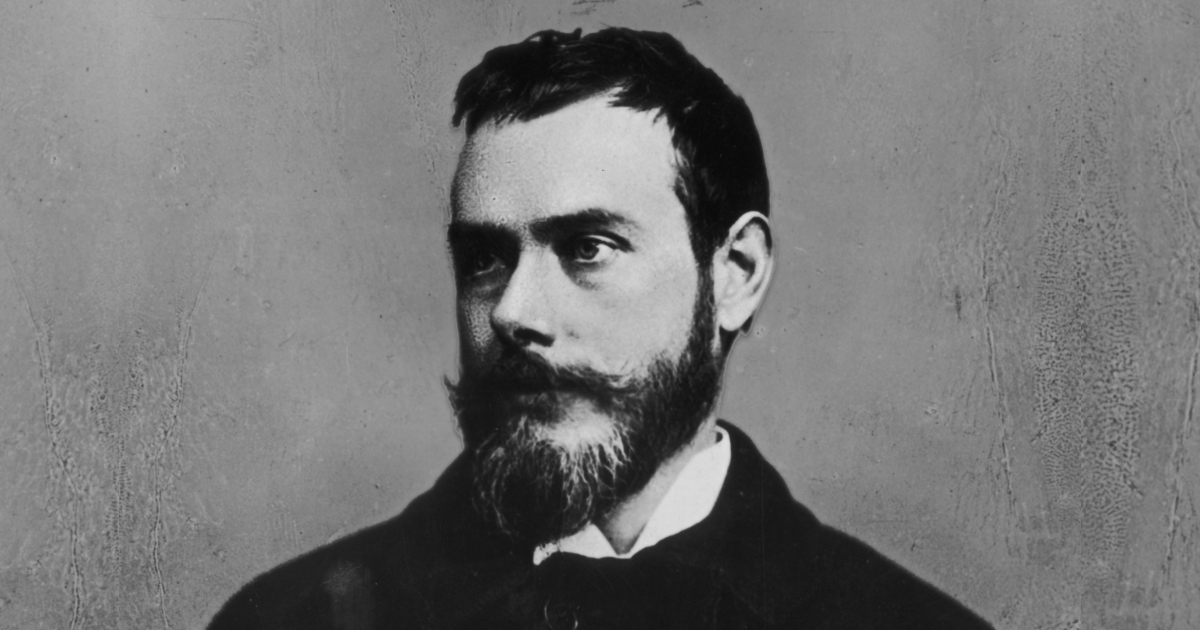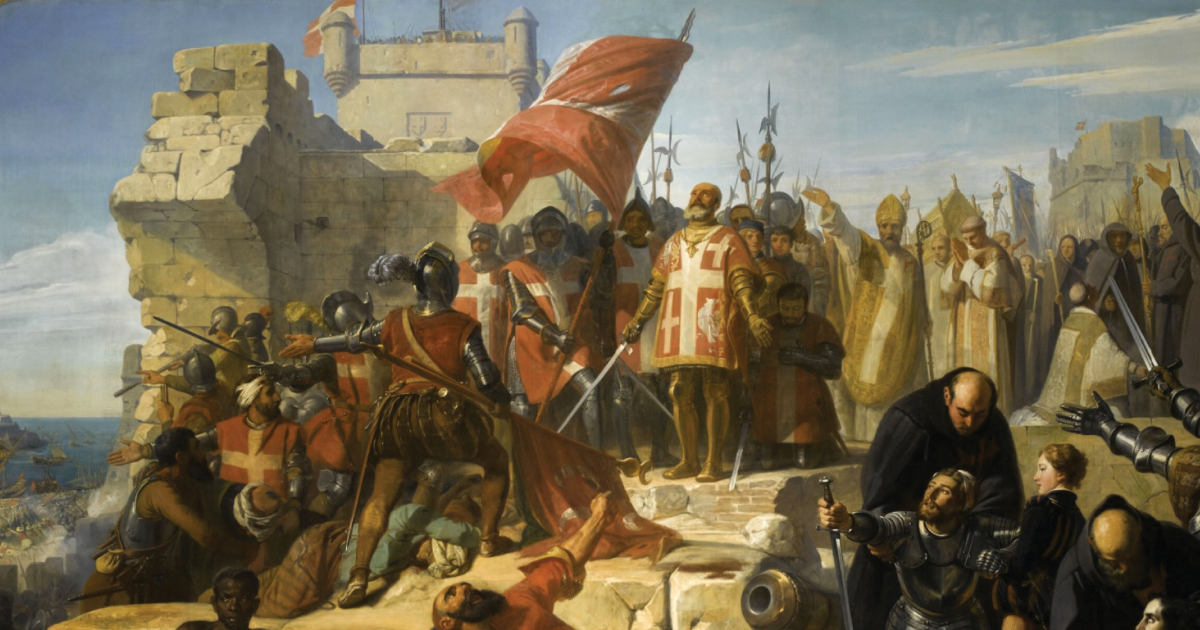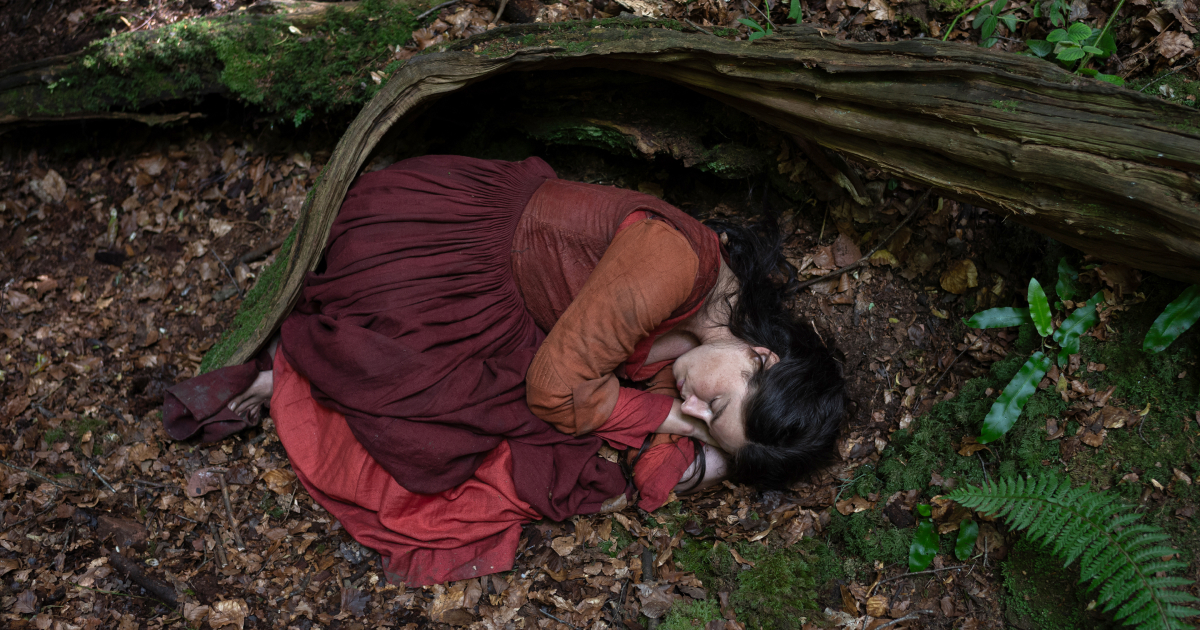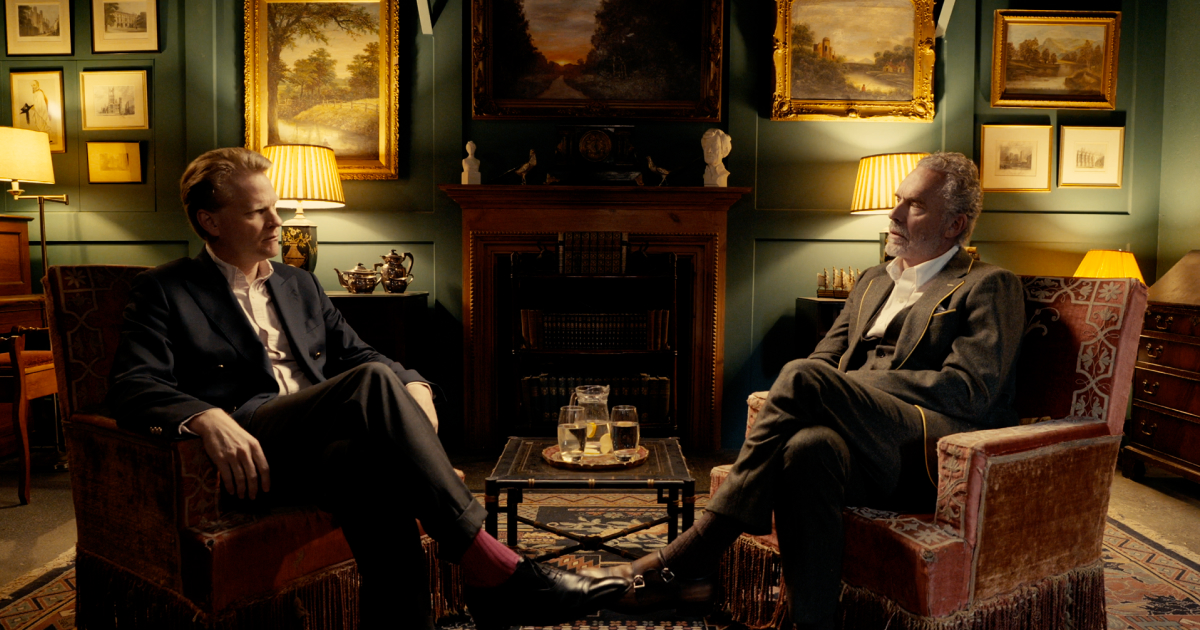“I don’t envy you.” When someone says that, they are implying that you will have a bad time dealing with whatever, or whoever, you’re about to encounter. It’s a discouraging remark which often comes with a note of reproach, suggesting that you shouldn’t be doing whatever it is. This is odd. If envy is a deadly sin, then a promise not to commit it should be reassuring rather than undermining. But envy is a curiosity among sins. It is the motive of Milton’s “infernal serpent” in Eden and it can twist itself into similarly unexpected shapes.
In its purest form, as jealousy, it can be all-consuming. It is the passion of Iago, the physical state that St Gregory the Great describes as a “foul sore” that “corrupts the vanquished heart…paleness seizes the complexion, the eyes are weighed down…there is frenzy in the heart”. This is a kind of madness and it is its own punishment. Yet, in its milder form, envy may be morale boosting, even affectionate. The friend who says they envy your naturally curly hair or your deftness with an electric drill is paying you a compliment. Keats’s envy of the nightingale’s “happy lot” is wistful but loving. As the playwright John Gay, author of The Beggar’s Opera, pointed out, “envy is a kind of praise”.
In his meditations on the subject, St Thomas Aquinas cites St Jerome’s advice to Laeta to educate her daughter with other girls “so that she may learn together with them, envy them, and be nettled when they are praised”. Envy of this sort is more like healthy competition, whether in the schoolroom or on the football pitch. No athlete is going to have much of a career unless they want to win, and winners create losers who will only improve if they envy their rivals’ success and aspire to win next time.
In academia, it must be said that envy sometimes leads to less healthy competition. Gay thought that writers were especially prone to it. “Envy’s a sharper spur than pay,” he wrote, “no author ever spared a brother.” Even today, eminent authors have been known to write damning online reviews of books by others in their field under assumed names, while the letters pages of literary magazines are often dominated by scholars attacking one another in terms that reek strongly of envy. Yet this, too, can be productive.
In my own area of study, the history of antiquarianism, it has often been the case. Antiquaries, those private scholars who study the physical remains of the past, are apt to accumulate information like squirrels with acorns, and neither organise nor publish their research. The one thing that is guaranteed to propel an antiquary into print, however, is an urgent desire to prove another antiquary wrong. The first (and in some respects still the most thorough) study of the Bayeux Tapestry began with a dispute in the pages of the Gentleman’s Magazine in 1803.
The brief Peace of Amiens allowed the British to visit France for the first time in a decade and many antiquaries went to the Louvre to look at the tapestry, which Napoleon had brought to Paris. One of them, under the pseudonym “Antiquariolus”, wrote an article stating firmly that it was now agreed “by all connoisseurs” that it was made in France in the immediate aftermath of the invasion of 1066. This triggered a flood of contradictions and denials.
The debate about the date and origin of the tapestry continued on both sides of the Channel for another 20 years, through war and peace and across national allegiances. An English artist was sent to draw it and prints were made, thus popularising what had been until then an obscure object known only to a few scholars. Some questions remain today, but the process of competitive scholarship saved the Bayeux Tapestry, which had been badly damaged during the Revolution, and saw it more thoroughly studied, documented and analysed than ever before until, in the 1840s, it was restored and given its own purpose-built museum in Bayeux.
Among Aquinas’s reasons for considering envy a mortal sin is that it is contrary to the virtue of charity. Yet, here too, this slipperiest of sins may have some wriggle room. Envy can also beget gratitude, that most benign emotion, for it arises from the comparison of one person’s lot with another’s and sometimes the audit may be salutary. This appears famously in Shakespeare’s Sonnet 29, in which the poet writhes through all the forms of envy – material, moral and social – comparing himself with “one more rich in hope…Desiring this man’s art and that man’s scope” and then “myself almost despising” for having such mean-spirited thoughts. At last he turns back to examine his own life and remembers his love, which is his greatest treasure and for which he would not change places with a king.
Rosemary Hill is an historian and a Quondam Fellow of All Souls College, Oxford
This article originally appeared in the April 2024 issue of the Catholic Herald. To subscribe to our award-winning, thought-provoking magazine and have independent and high-calibre counter-cultural Catholic journalism delivered to your door anywhere in the world click here.
“I don’t envy you.” When someone says that, they are implying that you will have a bad time dealing with whatever, or whoever, you’re about to encounter. It’s a discouraging remark which often comes with a note of reproach, suggesting that you shouldn’t be doing whatever it is. This is odd. If envy is a deadly sin, then a promise not to commit it should be reassuring rather than undermining. But envy is a curiosity among sins. It is the motive of Milton’s “infernal serpent” in Eden and it can twist itself into similarly unexpected shapes.
In its purest form, as jealousy, it can be all-consuming. It is the passion of Iago, the physical state that St Gregory the Great describes as a “foul sore” that “corrupts the vanquished heart…paleness seizes the complexion, the eyes are weighed down…there is frenzy in the heart”. This is a kind of madness and it is its own punishment. Yet, in its milder form, envy may be morale boosting, even affectionate. The friend who says they envy your naturally curly hair or your deftness with an electric drill is paying you a compliment. Keats’s envy of the nightingale’s “happy lot” is wistful but loving. As the playwright John Gay, author of <em>The Beggar’s Opera</em>, pointed out, “envy is a kind of praise”.
In his meditations on the subject, St Thomas Aquinas cites St Jerome’s advice to Laeta to educate her daughter with other girls “so that she may learn together with them, envy them, and be nettled when they are praised”. Envy of this sort is more like healthy competition, whether in the schoolroom or on the football pitch. No athlete is going to have much of a career unless they want to win, and winners create losers who will only improve if they envy their rivals’ success and aspire to win next time.
In academia, it must be said that envy sometimes leads to less healthy competition. Gay thought that writers were especially prone to it. “Envy’s a sharper spur than pay,” he wrote, “no author ever spared a brother.” Even today, eminent authors have been known to write damning online reviews of books by others in their field under assumed names, while the letters pages of literary magazines are often dominated by scholars attacking one another in terms that reek strongly of envy. Yet this, too, can be productive.
In my own area of study, the history of antiquarianism, it has often been the case. Antiquaries, those private scholars who study the physical remains of the past, are apt to accumulate information like squirrels with acorns, and neither organise nor publish their research. The one thing that is guaranteed to propel an antiquary into print, however, is an urgent desire to prove another antiquary wrong. The first (and in some respects still the most thorough) study of the Bayeux Tapestry began with a dispute in the pages of the <em>Gentleman’s Magazine </em>in 1803.
The brief Peace of Amiens allowed the British to visit France for the first time in a decade and many antiquaries went to the Louvre to look at the tapestry, which Napoleon had brought to Paris. One of them, under the pseudonym “Antiquariolus”, wrote an article stating firmly that it was now agreed “by all connoisseurs” that it was made in France in the immediate aftermath of the invasion of 1066. This triggered a flood of contradictions and denials.
The debate about the date and origin of the tapestry continued on both sides of the Channel for another 20 years, through war and peace and across national allegiances. An English artist was sent to draw it and prints were made, thus popularising what had been until then an obscure object known only to a few scholars. Some questions remain today, but the process of competitive scholarship saved the Bayeux Tapestry, which had been badly damaged during the Revolution, and saw it more thoroughly studied, documented and analysed than ever before until, in the 1840s, it was restored and given its own purpose-built museum in Bayeux.
Among Aquinas’s reasons for considering envy a mortal sin is that it is contrary to the virtue of charity. Yet, here too, this slipperiest of sins may have some wriggle room. Envy can also beget gratitude, that most benign emotion, for it arises from the comparison of one person’s lot with another’s and sometimes the audit may be salutary. This appears famously in Shakespeare’s Sonnet 29, in which the poet writhes through all the forms of envy – material, moral and social – comparing himself with “one more rich in hope…Desiring this man’s art and that man’s scope” and then “myself almost despising” for having such mean-spirited thoughts. At last he turns back to examine his own life and remembers his love, which is his greatest treasure and for which he would not change places with a king.
<em>Rosemary Hill is an historian and a Quondam Fellow of All Souls College, Oxford</em>
<strong><strong>This article originally appeared in the April 2024 issue of the <em>Catholic Herald</em>. To subscribe to our award-winning, thought-provoking magazine and have independent and high-calibre counter-cultural Catholic journalism delivered to your door anywhere in the world click</strong> <a href="https://catholicherald.co.uk/easter-24/?swcfpc=1"><mark style="background-color:rgba(0, 0, 0, 0)" class="has-inline-color has-vivid-cyan-blue-color">here</mark></a>.</strong>

















